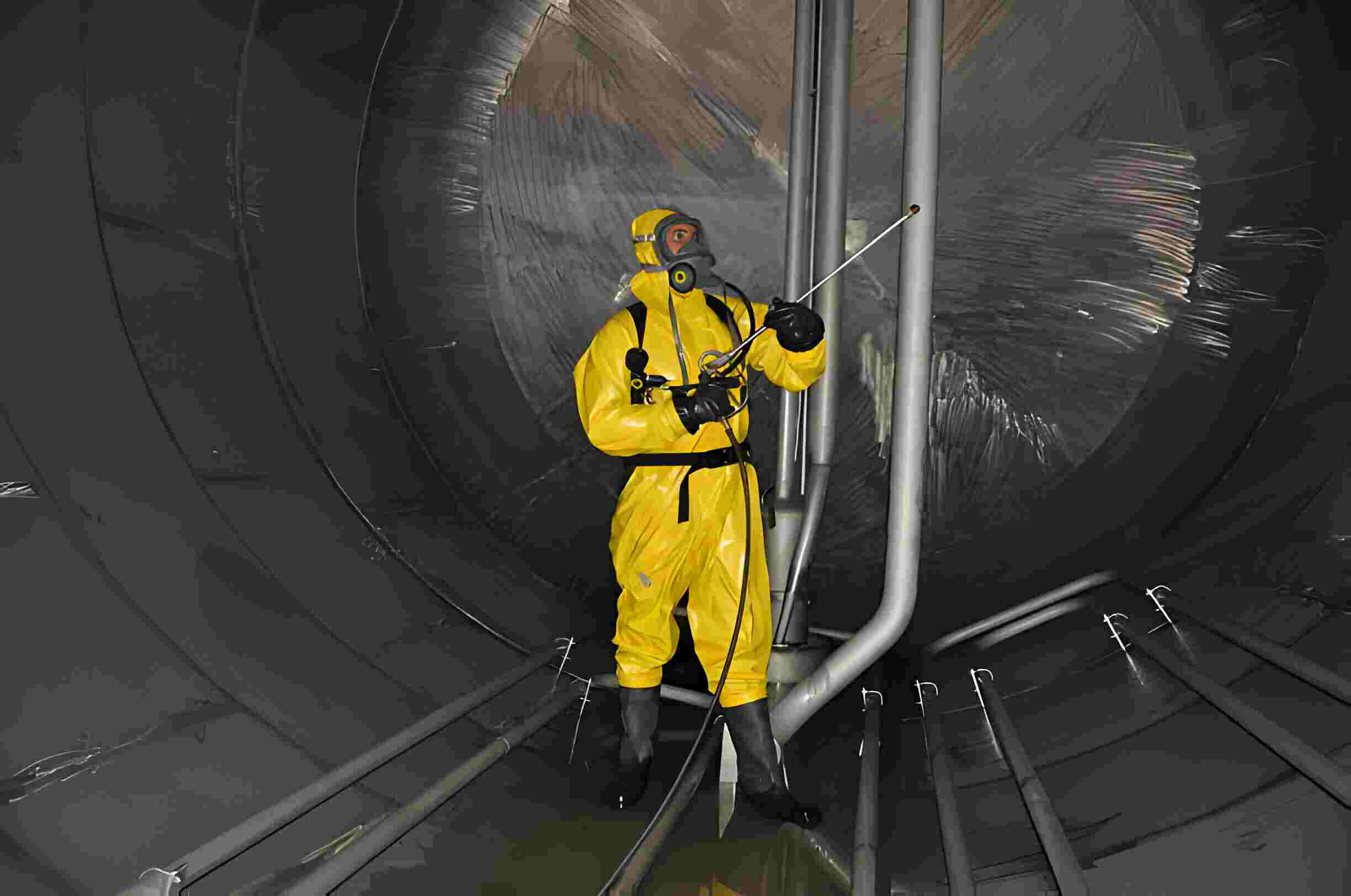In a world where environmental consciousness is on the rise, consumers are increasingly drawn to products and services that tout eco-friendly credentials. In the cleaning industry, the term “green” has become a powerful marketing tool, promising environmentally responsible practices. However, beneath the surface of these claims lies a phenomenon known as greenwashing. This deceptive practice involves companies exaggerating or falsely advertising their commitment to sustainability, leaving consumers in a haze of misinformation. In this comprehensive exploration, we delve into the complex landscape of greenwashing in the cleaning industry, unraveling the intricacies of this misleading trend that jeopardizes both consumer trust and the health of our planet.
In recent years, a global shift towards environmental awareness has permeated various facets of society, influencing consumer choices and shaping industries. The cleaning industry, no stranger to this paradigm shift, has witnessed a surge in demand for green cleaning products and services. With concerns about climate change, pollution, and the impact of harsh chemicals on human health, consumers are actively seeking eco-friendly alternatives to traditional cleaning methods.
As the demand for green products and services escalated, so did the prevalence of greenwashing. Companies, eager to capitalize on the burgeoning market for eco-friendly solutions, began embellishing their marketing materials with environmentally conscious claims. Greenwashing in the cleaning industry takes on various forms, from misleading labels on cleaning products to exaggerated statements about a company’s commitment to sustainable practices. Unraveling the truth amid this sea of green marketing can be a daunting task for consumers genuinely seeking to make environmentally responsible choices.
While the influx of green cleaning options provides consumers with choices aligned with their environmental values, it also creates a paradox of choice. The abundance of products and services claiming to be “green” can be overwhelming, leading consumers to make decisions based on incomplete or inaccurate information. Understanding the nuances of greenwashing is crucial for navigating this landscape and making informed choices that genuinely contribute to a healthier planet.
Common Greenwashing Tactics
Misleading Labels and Imagery
One of the most prevalent tactics employed in greenwashing is the use of misleading labels and imagery. Products adorned with images of lush landscapes, leaves, and the color green create an immediate association with eco-friendliness. However, these visual cues often mask the reality of the product’s ingredients and manufacturing processes. Consumers must look beyond the surface and scrutinize ingredient lists and certifications to distinguish genuine eco-friendly products from those merely riding the greenwashing wave.
Ambiguous Terminology
Greenwashing thrives on vague and ambiguous terminology. Terms like “natural,” “eco-friendly,” and “green” lack standardized definitions, allowing companies to interpret and apply them in ways that suit their marketing goals. To combat this ambiguity, consumers should seek specific certifications, such as the EPA Safer Choice label or third-party verifications, that provide clear criteria for evaluating a product’s environmental impact.
Incomplete Lifecycle Claims
Some greenwashing tactics involve highlighting a specific aspect of a product’s lifecycle while conveniently omitting others. For instance, a cleaning product may boast about its recyclable packaging but neglect to address the environmental impact of its production or ingredients. Consumers should look for comprehensive sustainability claims that consider the entire lifecycle of a product, from raw material extraction to disposal.
Exaggerated Eco-Friendly Claims
Greenwashing often manifests in the form of exaggerated eco-friendly claims. Companies may boast about their commitment to sustainability without providing concrete evidence or transparent practices. Certifications from recognized organizations, such as the Green Seal or Cradle to Cradle, can serve as reliable indicators of a company’s genuine dedication to environmentally responsible practices.
The Impact of Greenwashing
Erosion of Consumer Trust
Perhaps the most significant consequence of greenwashing is the erosion of consumer trust. When individuals unknowingly purchase products or services under false eco-friendly pretenses, they become disillusioned and skeptical. This erosion of trust not only affects the specific companies engaged in greenwashing but also casts a shadow on the entire green industry, making it challenging for consumers to distinguish genuine sustainability efforts from deceptive marketing ploys.
Undermining True Environmental Progress
Greenwashing not only misleads consumers but also undermines the efforts of companies genuinely committed to environmental progress. Legitimate eco-friendly businesses invest time, resources, and innovation in adopting sustainable practices. However, when greenwashing becomes prevalent, it dilutes the impact of these authentic efforts and muddies the waters for consumers seeking to make a positive environmental impact through their purchasing choices.
Environmental Consequences
Beyond its impact on consumer trust, greenwashing can have tangible environmental consequences. If consumers unknowingly choose products or services that do not adhere to genuine eco-friendly standards, they may inadvertently contribute to pollution, resource depletion, and other environmental issues. The true potential for positive change lies in consumers making well-informed choices based on accurate and transparent information.
Navigating the Greenwashing Maze
Educating Consumers
The first line of defense against greenwashing is consumer education. By understanding common greenwashing tactics and being aware of deceptive marketing strategies, consumers can empower themselves to make informed choices. Reliable sources, such as environmental organizations and third-party certifications, can provide valuable guidance in navigating the complexities of the cleaning industry’s green landscape.
Demanding Transparency
Consumers have the power to demand transparency from companies. By asking questions about a product’s ingredients, manufacturing processes, and overall sustainability practices, individuals send a clear message to businesses that integrity matters. Transparent companies are more likely to provide detailed information about their eco-friendly initiatives, helping consumers make confident and ethical choices.
Supporting Recognized Certifications
Recognized certifications play a crucial role in validating a product’s eco-friendly claims. Consumers should familiarize themselves with trustworthy certifications, such as ENERGY STAR, USDA Organic, or Green Seal, and actively seek products that display these endorsements. Certifications act as a reliable stamp of approval, indicating that a product or service has undergone rigorous evaluation for environmental impact.
Advocating for Stringent Regulations
Advocacy for more stringent regulations around green claims in the cleaning industry is a vital step in combatting greenwashing. Governments and regulatory bodies can play a pivotal role in establishing standardized definitions for terms like “green” and “eco-friendly” and enforcing penalties for companies found guilty of deceptive marketing practices.
Conclusion
As consumers navigate the landscape of the cleaning industry, the prevalence of greenwashing demands a discerning eye and an informed approach. When you understand the tactics employed by companies seeking to capitalize on the green trend, individuals can make choices that align with their genuine commitment to sustainability. The fight against greenwashing is not just a call for transparency; it is a collective effort to foster an industry that prioritizes authenticity, environmental responsibility, and the well-being of our planet. In unveiling the truth behind greenwashing, consumers hold the key to shaping a cleaning industry that truly lives up to its eco-friendly promises.














